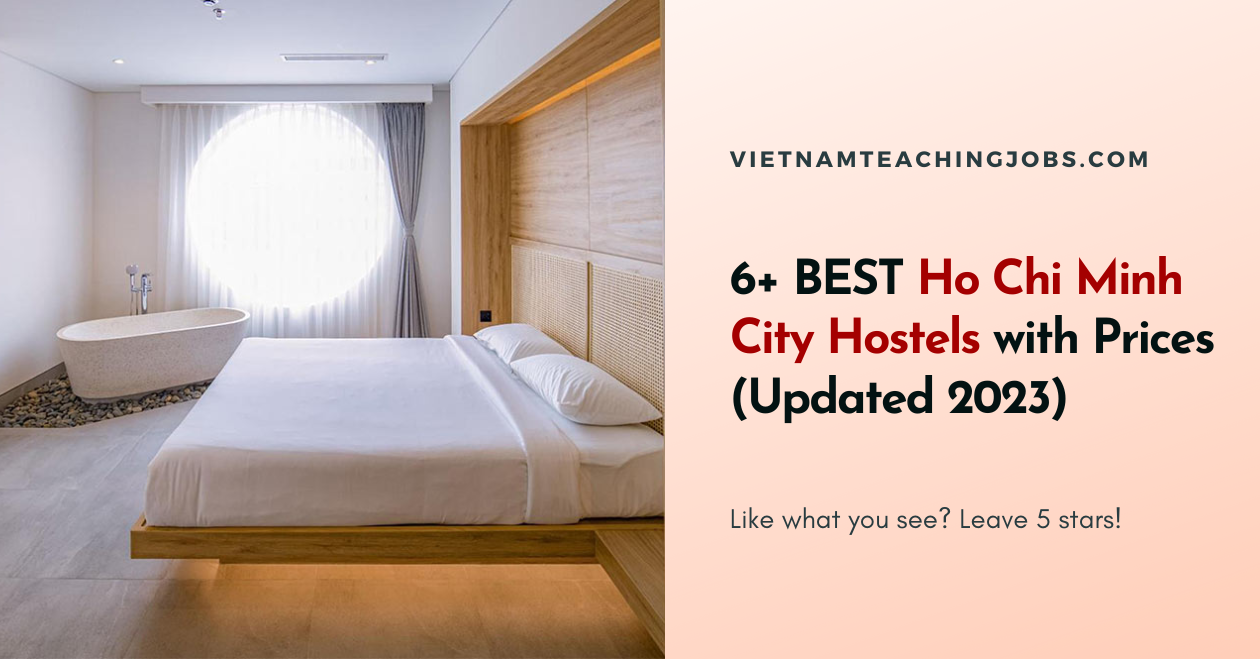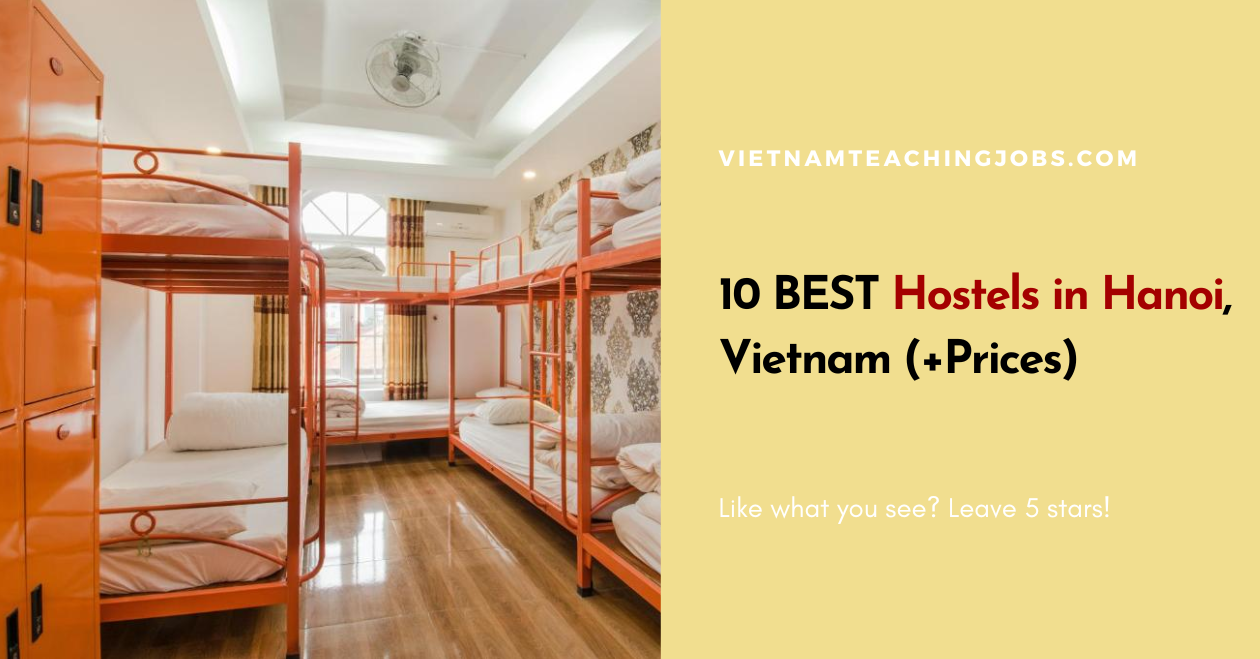Your home – a vital part of life – however, for people coming into the country it can be overwhelming to work out how to find somewhere to live. You will find that many companies offer a free initial hotel for a week or so in order that those new to the country are able to have a stable base at first before they are needed to branch out to their own place. However, at some point, you will have to find your own home in Vietnam.
It is important to find yourself an agency that will assist you. It is possible to find a place on your own through word of mouth or from signs hanging outside a vacant property, although using an agency is a more common option.
See related articles:
Find a new home in Vietnam
Agencies often advertise online on local Facebook sites and you can also ask your company for advice – you will find that in larger companies that they work closely with a home agency and can provide you with the information needed.
When you have found an agency then you need to decide on a few key issues – a house or an apartment/area/cost.
Houses are typically tall and thin, providing you with plenty of room with lots of stairs. They are usually more expensive than an apartment although not significantly so (depending on the area) Apartments include security and usually offer amenities such as a gym and pool. They usually have a balcony area.
The majority of properties are furnished – although it is very rare to have an oven in the kitchen – although unfurnished are also available.
Have a look on google maps to see the names of the different areas and work out the distance to your place of work and distance to the centre – you will find it hard to travel too far on a daily basis and it will also be difficult if you find yourself in a remote area without shops etc.
When you have agency details, you then phone them up and tell them of your preferences – e.g. the area/price/type of property.
Agencies work very quickly – they will be able to show you properties within a day – so don’t worry about having a limited timeframe in the hotel. One of the great things about the agencies is that they come and pick you up (on a motorbike) and drive you around to see the different properties – this service is provided free.
Notes for finding a home in Vietnam
- When looking around for a new home in Vietnam, remember to get the exact address (so that you can revisit later) – it is fine to take photographs (although make sure you ask first) and this helps a lot to remind you – especially when you visit a number of places in one day. Make sure that you ask about parking for motorbikes (even if you do not have one yet) and about what is included monthly. Often people are living in a property when you go to visit so it can sometimes be hard to know what will be in the home when you take it on.
- It is important to try to go back to the place that you are interested in at another time rather than just having one viewing. This is because there are two key times when Vietnamese tend to come out en-masse – this is about 6 am in the morning and from about 5 pm. If you have visited during the day (especially if you have visited during the lunch and sleeping time, which is anytime between 11, and 2 pm where you may have noticed it is very quiet) then you may have a totally different experience at 6 pm.
- In some apartments, there can be an issue about children playing in the communal corridors – so do take a look at the corridors and the other apartments to see if there is any evidence of this. Although in the West young children go to bed early, in Vietnam, young children go to sleep late so if there are a lot of children in the corridor screaming then you may be lying in bed listening to this – so do check this aspect.
- Another noise issue to look out for are the loudspeakers. Loudspeakers are installed on the top of poles and are used to announce local news etc. The news is given on a daily basis ( at least ) and is often accompanied by music – the noise level of these is extremely loud and distorted so you really do need to make sure that your house or apartment is not directly next to a loudspeaker but a reasonable distance away.
Payment and contract signing
Once you have decided on the house/apartment to make it your new home in Vietnam, there will be a formal signing process with the owner. There is typically a few pages that outline a number of things so take the time to read it all through – it is usually written in both Vietnamese as well as English so both parties can read it and understand. It is usual to give a deposit – usually at least one month’s rent in advance –, which is refundable when you leave. A contract can last for six months or a year – so if you are not sure, it is better to sign up for six months and then extend later on. It is important to note that deposits and rents at this initial stage are typically cash-based – whether in the form of actual cash or as a bank transfer – cards are generally not accepted.
Featured Job
Contracts are typically signed and payments made in cash
It is usual for the agency to write a checklist of what is provided with the premises – this is usually gone through with you to make sure that you are aware of what there is. It is very important to take this aspect very seriously, so for example if they say that all curtains are double layered and one of them is not – then you need to point that out. Once you have signed to say that you have these items in your home in Vietnam, then you are responsible and the property owner can take the money directly from the deposit given for any items that are not the same as this initial list.
One of the first things that you should do when you first move is to get an extra key cut – this is a relatively simple process and is typically done at the side of the street – simply look out for someone with a machine on a table and this will probably be a key cutter.
It is important to know your exact address. Vietnamese addresses consist of the name of the town as well as the ward and district. The district is the large area that a place is in, whereas a ward is a small local area. You need to know your ward and district for delivery purposes – your house number and street address is not enough.
Your property owner is legally required to register you at the address; however, this is often something that you need to encourage them to do. You need to provide your property owner with a completed form (ask at your school for the form) as well as a copy of your passport. They then need to take this to the local police so that you are registered. Although this is a straightforward process, as with many official things in Vietnam, in order for a process to be completed in a timely manner i.e. within a week instead of within a year, some money needs to change hands. Depending on where you live will depend on the amount that you need to pay.
Tips for living in a Vietnamese home
In a typical home in Vietnam, hot water is not always available. Instead, there is a need to press a button to turn the system on.
Depending on the age of your system, it will take between 10 and 30 minutes for the water to heat up so that you can take a shower etc. Make sure that you ask your property owner where this switch is if you are not sure – however, most of the time it is pretty obvious. Make sure that your turn off the hot water after you have used it to save on electricity bills.
Rather than an oven, most properties will have a stovetop, which can be electric, or gas. If it is gas, then you will have a gas bottle in the cupboard, which powers the stovetop. Make sure that your property owner or agency demonstrates how to turn the gas on and off as this can be confusing for those used to main gas lines. When the gas finishes the stovetop will simply not light anymore. If you are unsure whether there is a problem or if the gas has simply finished, you pick up the gas bottle. If you feel that it is light then it will be empty.
There is a very simple and efficient system for refilling gas bottles – you simply phone the number on the gas bottle and tell the person your location. It does not matter that they do not speak English and you do not speak Vietnamese – they know exactly what you want – and you will find someone knocking on your door within an hour with a new gas bottle, which they will fit and take away the old empty one. You need to pay cash to the person from the gas shop who delivers.
It can often be a worrying process to find a nice home in Vietnam, however, the Vietnamese system is fast and although it may feel a little chaotic, it is in fact quite systematic. Take your time to check the place and to make sure that you agree with all of the paperwork before signing. When moving in your new home in Vietnam, don’t worry about getting everything perfect and knowing what to do all of the time – there are always your colleagues at school to help with any questions that you may have and you will often be surprised to find that there is a simple solution!







